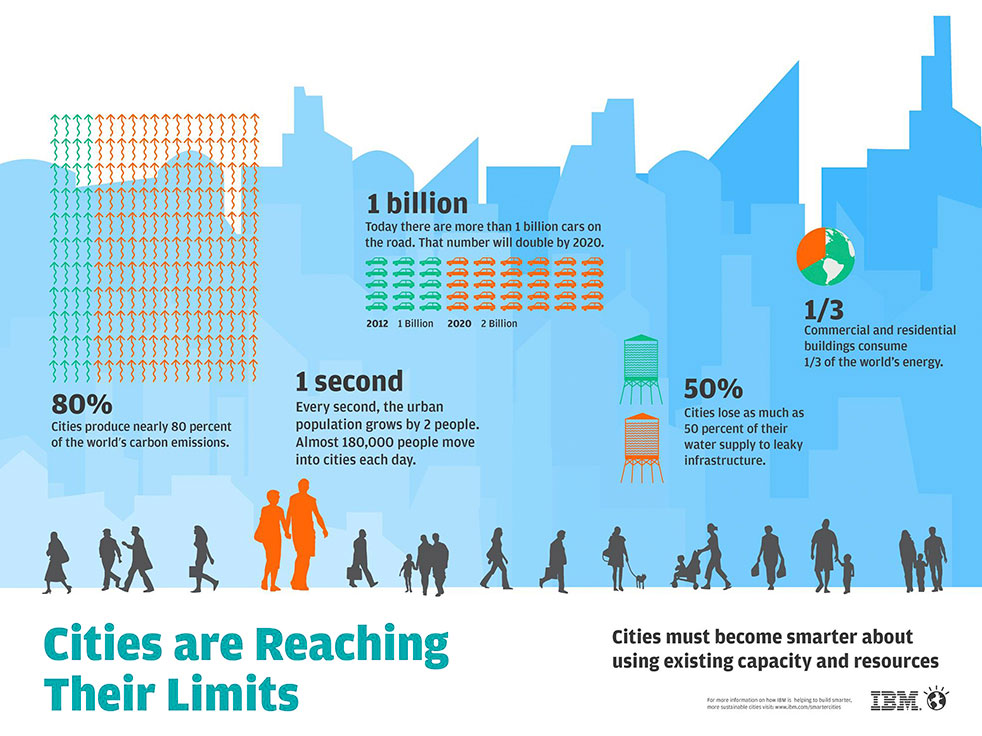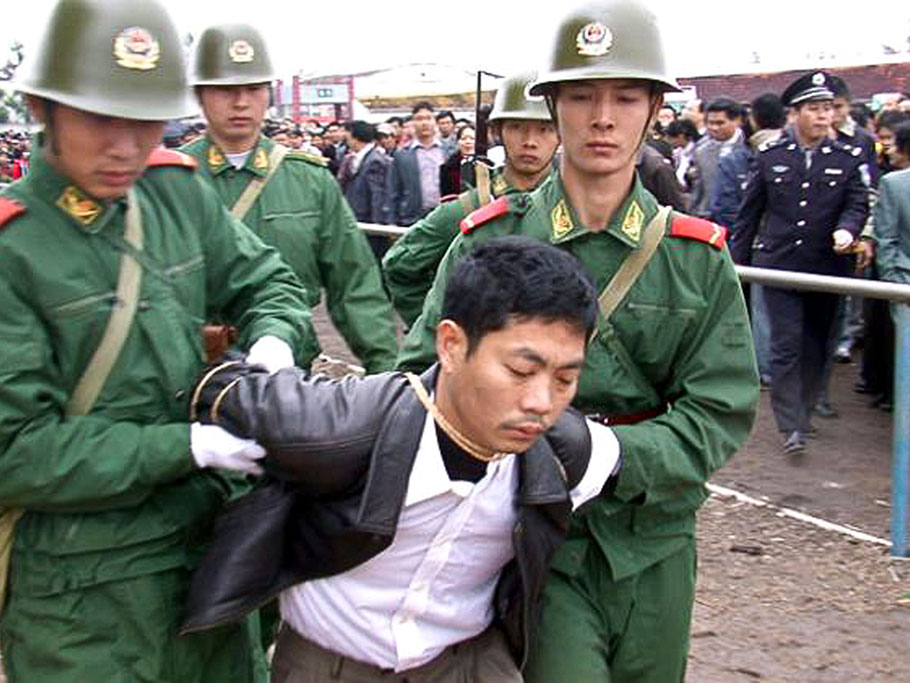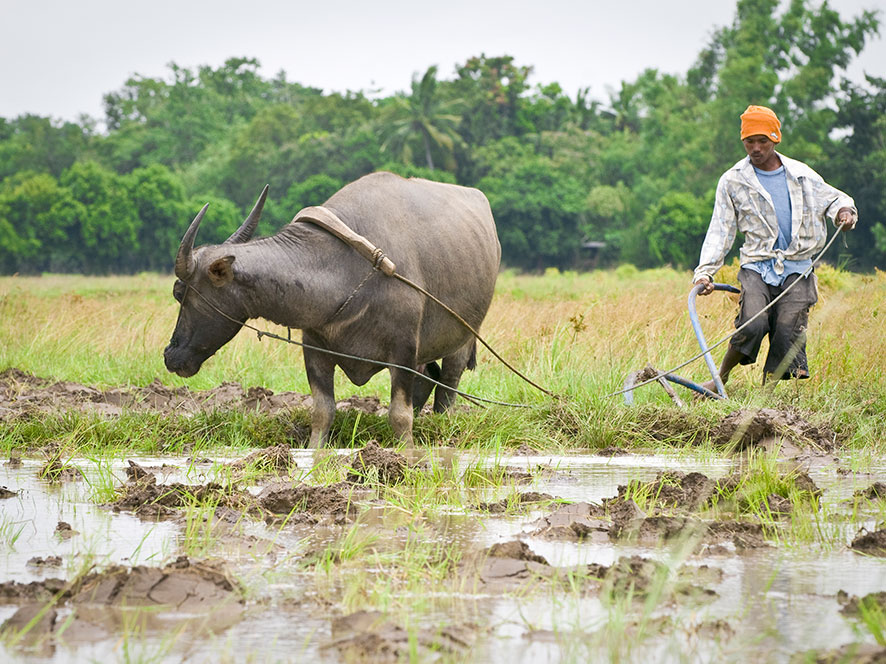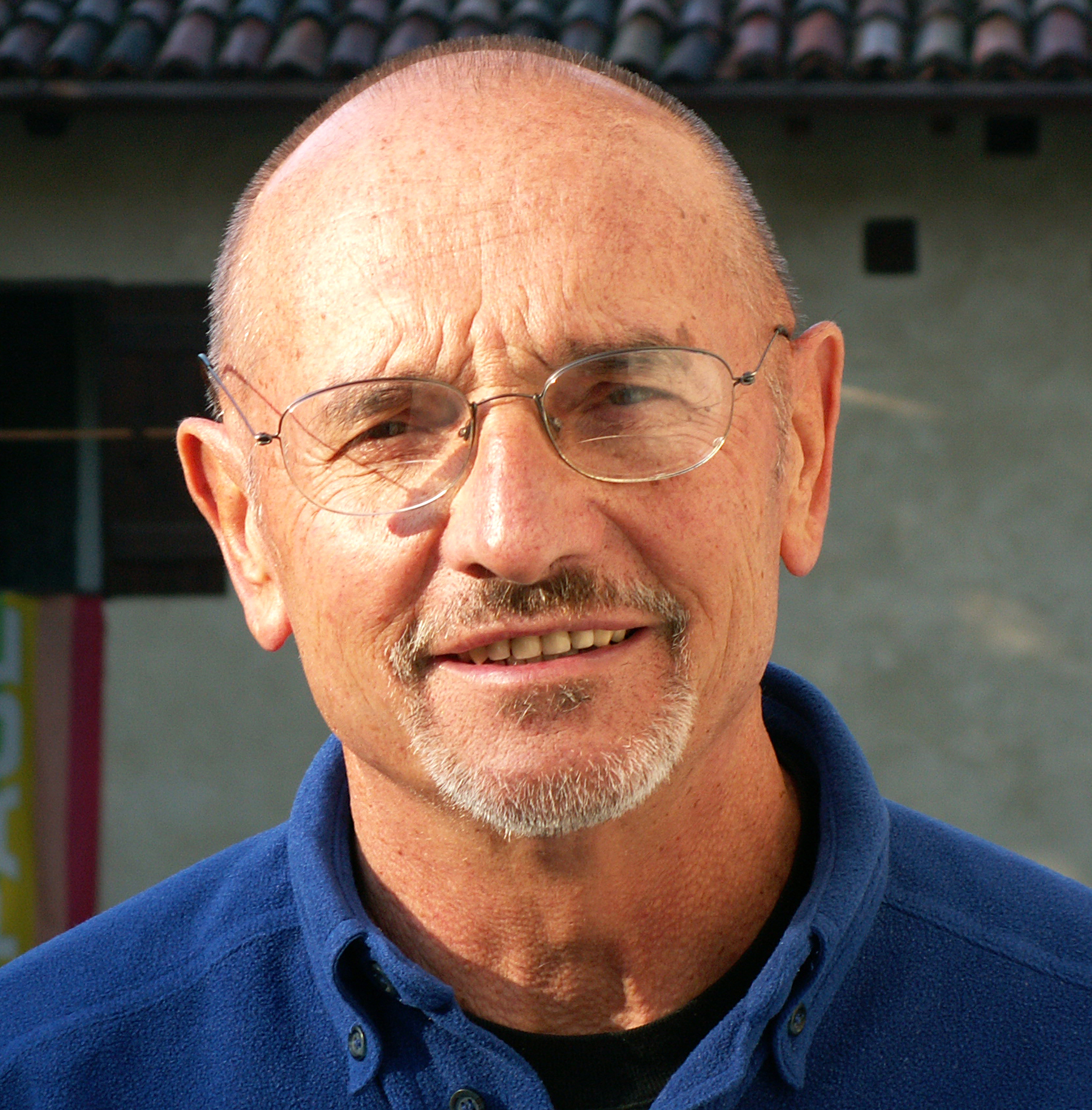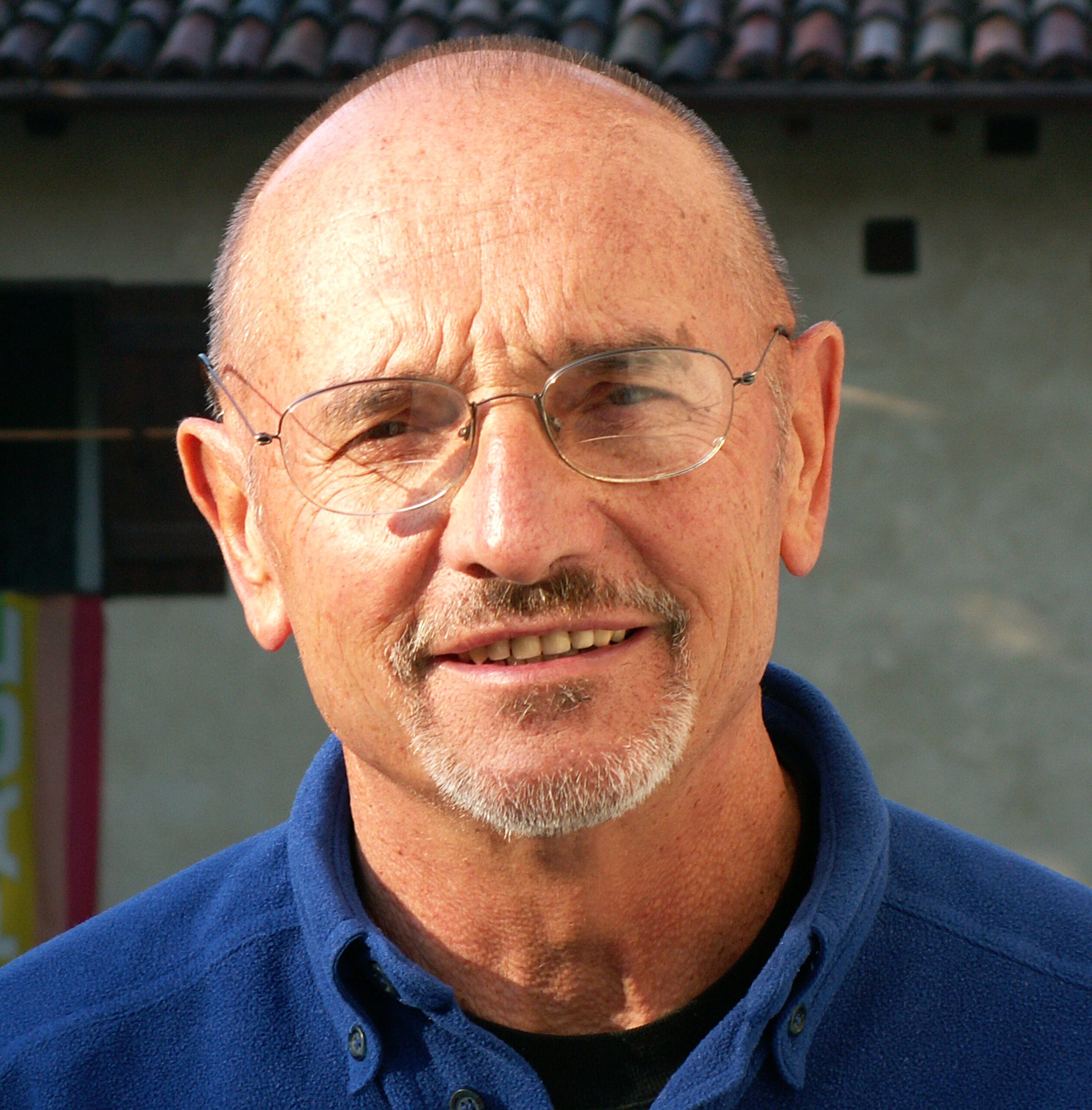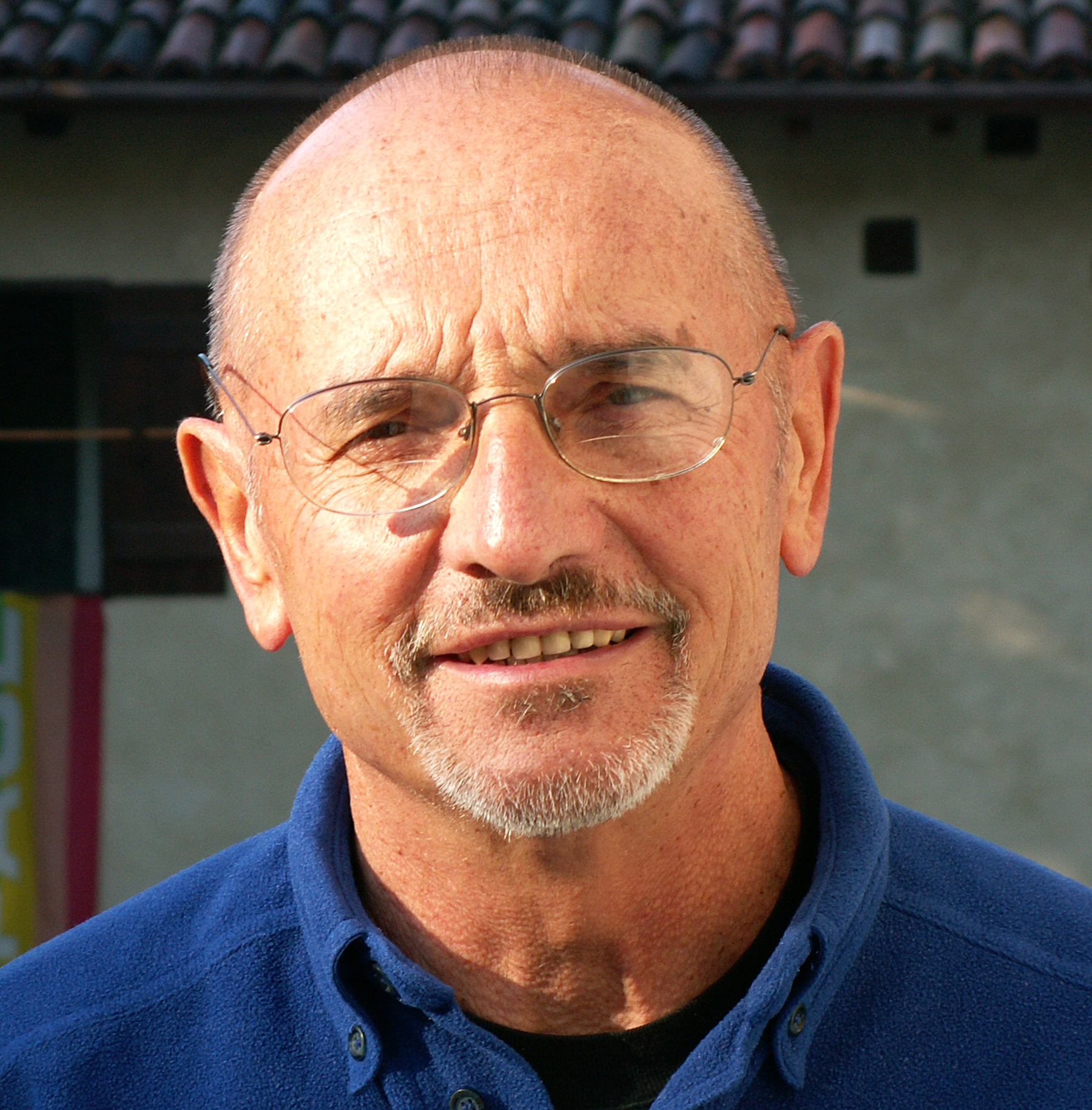Europe’s first church is born “by chance” and it is all feminine. The race of the Word, which started at Jerusalem, reaches Judea and Samaria. After the encounter between Peter and Cornelius, some Hellenists from Cyprus and Cyrene, possibly traders, go to Antioch and start straightaway to evangelize the pagans. This mixed and problematic community, base camp of Paul’s journeys, was the cause of the “Council” of Jerusalem.
Christianity spread throughout Asia Minor which has cultural traits common to the Jews. The thirst for salvation and the mystery cults, with their related search for relationship with God, facilitate the announcement of the Gospel. They are deep desires that need only to be made explicit and directed towards Christ.
After the experience of the first journey, Paul carefully prepares the second. His companion will be Barnabas and the target will be the communities he has founded and the new ones he will add to them. Everything is planned: where to go, what to do, whom to collaborate with and whom to turn to. The only unknown factor is the time of permanence. Paul, however, knows that everywhere “chains and tribulations are waiting for him” (Acts 20:23): once a community is born, persecution sends him elsewhere.
The plan, however, doesn’t work. Soon, Barnabas divorces from Paul. His companion then will be Silas who, “by chance,” had not gone back to Jerusalem. The target changes: If Barnabas leaves for Cyprus with Mark, Paul, with Silas, diverts towards Derbe and Lystra in order to evangelize the Asia Province. Here they meet, always “by chance,” Timothy who joins them. They go through Phrygia and Galatia, but the Holy Spirit, we don’t know how, forbids them to preach. Then they reach Mysia in order to go to Bithynia but the Spirit of Jesus doesn’t allow it. Then they descend to Troas, the sea door towards Greece. Here, a dream diverts them towards Europe, in Macedonia.
At Troas, Luke, the author of the Gospel and the Acts, also joins them. His presence, even if anonymous, is clear. Suddenly, the account changes from the third person plural “they” to “we” (Cf. Acts 16:10: “We tried to depart”). The meetings with Silas, Timothy and Luke will be determinant for the new mission. Evangelization is God’s work. He puts obstacles to our projects and works with the unexpected. What appears as chance is His way of travelling incognito. Not our certainties but the most upsetting novelties reveal God’s will.
The short crossing from Troas to Philippi is, in reality, the jump from Asia to Europe. Beyond Bosporus, Paul and company will meet the Greek-Roman world, a cultural and religious universe different from their own.
Paul cannot make use of the strategy already tested with Jews and Hellenists in Asia. He tries new approaches. It is not by chance that he starts looking for the Jews already settled in the territory; they are familiar with the local mentality. Their inculturation process had started long ago because of commerce but also because of the exile, the Diaspora, their zeal for spreading the Word and, why not, their intellectual curiosity. The Greek translations of the Bible and the writing of biblical texts directly in Greek witness the Jews’ intent of dialoguing with the prevailing culture.
Arrived at Philippi, the apostolic quartet goes out of the city and along the river bank. It was a Saturday. For lack of something better, it is a place of prayer fit for the Jews and their ablutions. The riverside becomes a synagogue and the congregation is only of women. The four men sit with them and speak to them of Christ. Among the women listeners there is Lydia, a purple merchant from Thyatira. Listening to Paul, the Lord opened wide her heart. He is already inside: the Word brings Him to the light. Lydia asks for baptism and “compels” them to go to her house. The house of this hospitable woman is the matrix of all the churches in the West. This community, which had not been planned, is the dearest to Paul (Read the Letter to the Philippians). The good seed will spread from here to the ends of the earth. © Popoli – www.popoli.info




